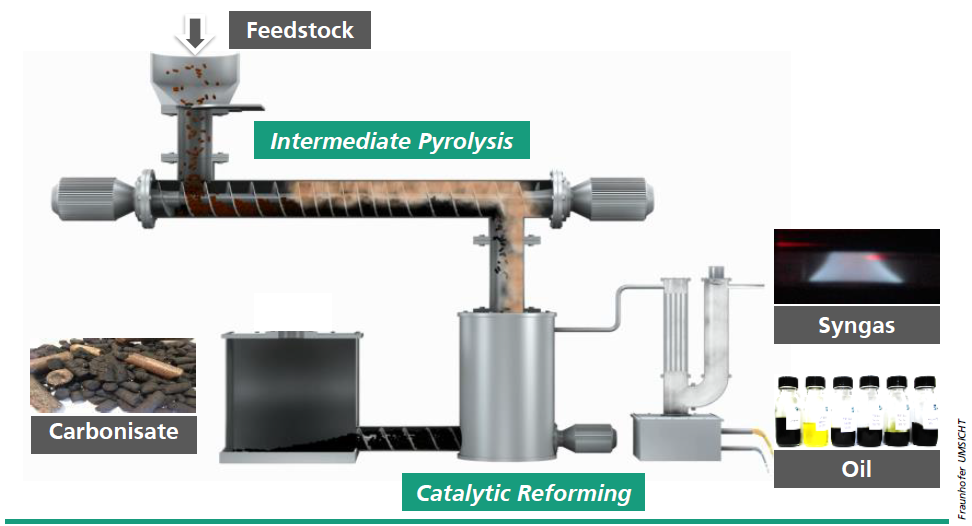Ensuring sustainability of the production of synthetic fuels and green hydrogen
Turning sewage sludge into fuels and hydrogen is a complex task. The TOSYNFUEL project is taking up this challenge and aims to build-up, operate and demonstrate the production of Synthetic Fuels and Green Hydrogen from organic waste biomass, mainly sewage sludge. Among other tasks, LEITAT will ensure that this cutting-edge technology is sustainable.
According to environmental expert Raquel Villalba at LEITAT, various tasks will be performed throughout the project to measure the social, environmental and economic sustainability of the technology.
Below the interview made during the kickoff meeting of the project in Sulzbach-Rosenberg hosted by UMSICHT FRAUNHOFER.
A new technology must be sustainable. When a technology is under development, a demonstration is needed in all the three aspects that sustainability involves: environmental, economical and social aspects. In the project, there is a specific work package with a specific work team addressing social and environmental sustainability.
The objective is to assess the socio-economic impact that the development of the new bio-fuel and green hydrogen will have on local and regional economies and the population.
We will analyse all the stakeholders involved and their relationship with the new development. We will assess many socio-economic indicators in many fields of interest. We will complete the assessment with an evaluation of the occupational risk scenarios during the production process setting the most appropriate risk management measures in the best working conditions.

